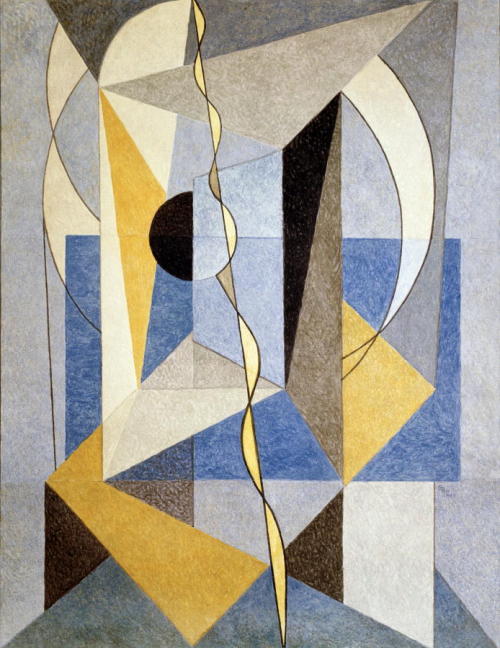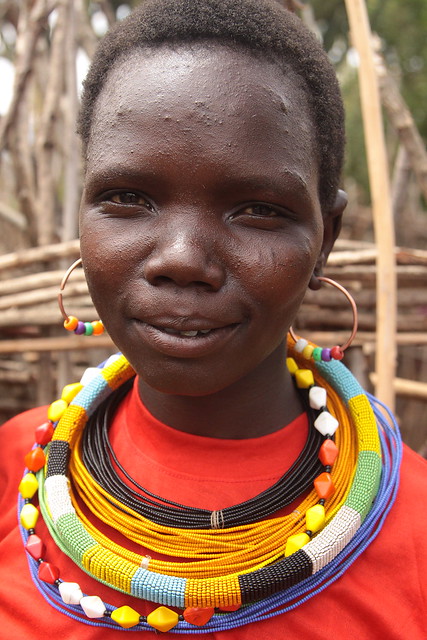The following Quotation is from here, the web page of Prof. Kathryn Tanner. Her work is on the radical edge of theology, by which I mean she explores the theological issues raised by human existence as we experience it in a world that is "savagely individualist", economically destabilised, increasingly fragmented and in which the public and global image of religion is, for entire communities, disfigured and discredited from within. Her theology goes to the roots of such problems, and to the roots of Christian faith as a resource for repairing the world.
"Enlightenment challenges to the intellectual credibility of religious
ideas can no longer be taken for granted as the starting point for
theological work now that theologians facing far more pressing worries
than academic respectability have gained their voices here at home and
around the globe."
"Theologians are now primarily called to
provide, not a theoretical argument for Christianity’s plausibility, but
an account of how Christianity can be part of the solution, rather than
simply part of the problem, on matters of great human moment that make a
life-and-death difference to people, especially the poor and the
oppressed."


